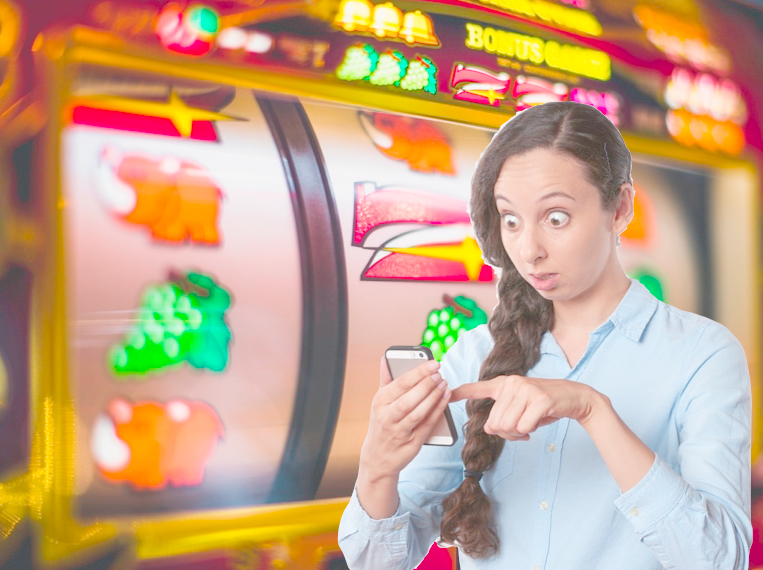
Every morning I see a man walking a dog. Or is it a dog walking a man?
The dog pulls the man forward on the footpath. The man drags his feet at a snail’s pace. His neck is bent forward. His eyes are glued to his phone.
The man looks zombified.
He is far, far away from the present moment.
I’m almost certain that he is addicted to some app on his phone.
The image of this man walking mindlessly reminds me of the time I saw of my aunt playing the pokies at the casino. It was like she was in a disassociated state.
This man also seems to be in disassociated state.
All of this got me thinking about the way in which these devices foster addiction and the similarities between poker machines and social media platforms (e.g., TikTok, SnapChat, Instagram, and Facebook).
I felt compelled to write this piece.
In this blog, I explore the psychology of addictive social media platforms and how they are designed to hook you into a short-term dopamine driven feedback loop. I’ll also share what you can do to cultivate a healthier and more satisfying relationship to life itself.
Social media has hijacked your reward system
If you use social media everyday, I want you to consider that you may not be fully in control of your behaviour.
Best case scenario? You’ve formed a destructive habit.
Worst case scenario? You’re addicted.
According to addictions expert Dr Anna Lembke addiction is a spectrum disorder. You can be mildly addicted all the way through to being severely addicted.
But no matter where you are on the addiction spectrum, the same system is being hijacked: your reward system.
How do social media platforms hijack your reward system?
It worth spending some time exploring the strategies that are used. As computer scientist Jaron Lanier says, “Awareness is the first step to freedom”.
Social media companies use casino tactics to hook you in
We can get insights into how social media platforms hijack our reward system by looking at the architecture of casinos, specifically poker machines.
It turns out the strategies used by social media companies come straight from the casino playbook. Let me explain . . .
When you walk into a casino, you are entering a space where there is an extreme power imbalance.
You’ve probably heard the saying, “The house never loses”. Well, it’s true. And it’s not just that the odds of each game that are against you . . .
Casinos are designed at every level to take advantage of people. From the way the interior space is designed to the mathematical computations inside the poker machines, all of these things are geared to keep you inside the casino and playing the pokie machine for as long as possible.
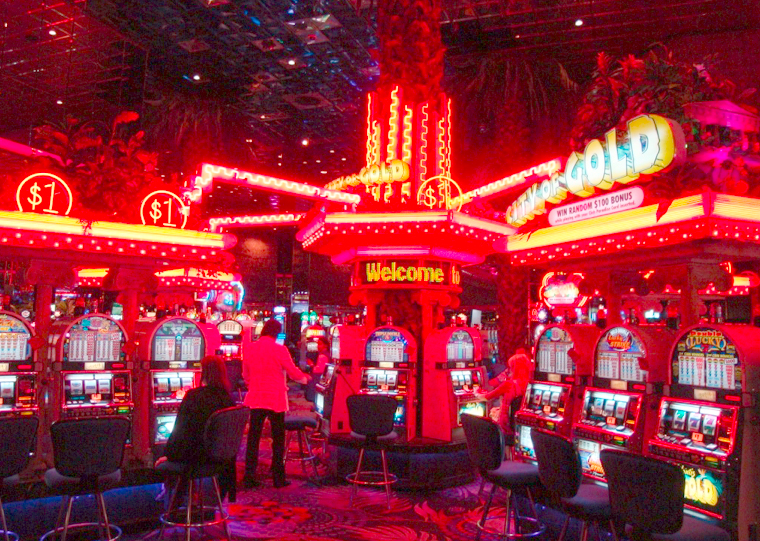
Similarly, when you go on social media you need to imagine that there are thousands of psychologists, statisticians, and designers on the other side of the screen. The job of these people is to steal your attention and make you spend as long as possible on the app.
In both situations, winners are rare. As you’ll see shortly, most people are losing.
Below I share a number of tactics used by the casino industry and how these same tactics are used by social media companies to foster addiction.
1. Deliberately designed for maximum mindlessness
According to Cultural Anthropologist Dr Natasha Schüll pokie machines are the ‘cash cows’ of casinos. They bring in 70-80% of casino revenue.
It’s for this reason that the interior design of casinos is constructed to guide people to the pokie machines.
One way they do this is through the carpets.
Dr Schüll states:
“The carpet [in a casino] does a huge amount of work.”
How?
There are no right angles in the casino carpets.
Why?
Because a right angle stops you. It forces you to make a conscious decision (e.g., “Should I continue onto the poker machines? Should I head towards the exit and get out of here?”). Curved carpets guide you to where the casino wants you to go.
Once you get to the poker machines, you don’t have to stand and play. That would require way too much effort on your part. Of course, there are seats to sit on.
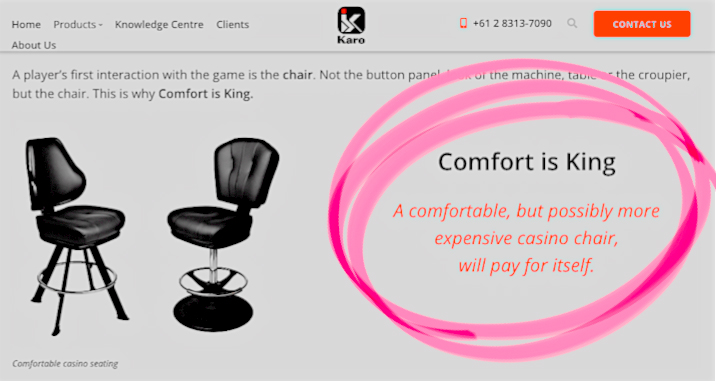
These seats are ergonomically designed so you can comfortably sit for hours on end. They often feature padded cushions and backrests that are contoured to reduce fatigue.
Every design decision in a casino is deliberate. It’s all geared towards having people mindlessly spend as much time playing the poker machine as possible.
The seamless experience of the casino is also present in social media platforms. Features like the infinite scroll and the auto-play function make it easy for you to sit and mindlessly keep consuming content.
2. No stopping cues
When you walk into a casino, you’ll notice that there are no clocks on the walls. They don’t have windows to the outside world either. The games on the pokie machines also never end.
Again, these are deliberate design decisions.
They don’t want you to see the passage of time. What matters most is ‘time on device’ (i.e. the pokie machine).
Social media apps also don’t have stopping cues. You don’t receive a notification prompting you to log off when you’ve been scrolling for several hours. You don’t get to a point where you can’t scroll any further and the feed says “The End”.
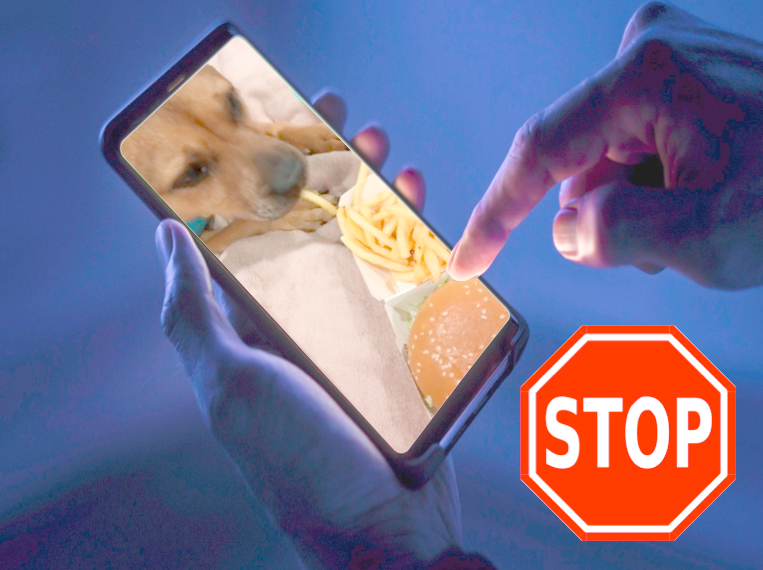
The feed is designed to never end. As Dr Adam Alter says:
“You could sit there for 24 hours and you’ll never get to the end. And so you come back for more and more.”
Like the casino, social media companies want you to spend as much time as possible on their app, regardless of whether the experience is good for you or not. The more time you spend on the app, the more data they can collect and the more ads and sponsored posts you see.
3. Random rewards
According to Philosopher James Williams when a person plays a poker machine, they are paying for possibility of a surprise. Every now and then, the machine dishes out a reward (some prize money). These random rewards deliver shots of dopamine (a pleasure-seeking chemical). This is what conditions people to keep playing.
Similarly, when you go on social media, there is an element of surprise to the whole experience. You never know when something new and novel is going to appear in your feed.

You can thank the algorithms for this. The algorithms get to know you well (what you like and don’t like). They will suggest content that is similar to what you like but a little bit novel and different. Since your brain loves novelty, more dopamine gets triggered.
It doesn’t take long for your brain to quickly learn that checking social media usually results in a reward. When this happens, you start to crave using it in the same way a gambling addict craves playing the pokies.
4. Fast feedback
Poker machines give people immediate and tangible feedback. You hit the button and instantly you see the reels spinning rapidly. You also receive feedback through sounds and flashing lights. It’s the speed at which you receive feedback that fosters addiction to poker machines.
Social media platforms operate in a similar fashion providing fast feedback mechanisms to keep users engaged. For example, when you post a status update or photo, you typically receive an instant reaction. This quick feedback results in a dopamine hit in the reward centre of the brain.
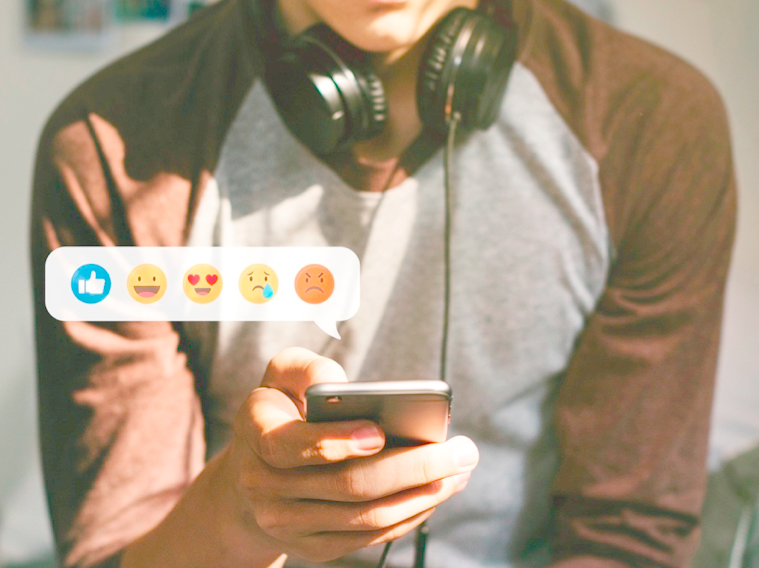
Could you be stuck in a dopamine driven feedback loop?
All of these design mechanisms (e.g., the fast feedback, random rewards and lack of stopping cues) result in users getting stuck in short-term dopamine driven feedback loops. Users become conditioned to associate these platforms with receiving quick and easy rewards (i.e. elevated dopamine levels).
After a few rewarding experiences, it doesn’t take long for the brain to release dopamine whenever it thinks of social media. This is why users can quickly end up spending more and more time on these apps and it can spiral into addiction.
But is it a problem if everyone else is doing it?
Yes, it’s a big problem.
Just like gambling addicts are losing at the pokies, most of us are losing at social media.
We are losing with . . .
• A shortened attention span
• Lowered IQ due to rapid task switching
• Weakened impulse control
• Lost time (less time spent pursuing more meaningful activities)
• Feeling more isolated
• Feeling more outraged
• Body image issues
• Status anxiety
• Poorer mental health
• A reduced ability to make sense of the world together
• Less restorative sleep
• Being in a dopamine deficit state
Too much dopamine released in the brain results in dopamine down-regulation. Psychologist Dr Maggie Baker explains dopamine down-regulation in the following way:
“The stimulation of addictive behaviour causes a massive release of neurotransmitter chemicals [dopamine], drowning crucial brain areas. To protect itself, the brain produces less of these chemicals, thus making it harder for addicted individuals to get pleasure from ordinary enjoyable experiences.”
When dopamine down-regulation occurs, you become enslaved to these platforms. Unless you’re being stimulated by the app, you don’t feel good. You feel anxious and flinchy.
An easy escape from pain
Never before has it been so easy to escape from the discomfort and pain of everyday life.
If you just keep scrolling and tapping, you’ll experience more hits of dopamine. This seamless experience can keep you spellbound for hours.
Dr Natasha Schüll explains this is what keeps gambling addicts playing. She says they don’t play to win. They are pursuing an experience. They want to “get in the zone”, where they are held spellbound for hours.

Most of us have experienced a similar state with social media. This is a state where we can’t stop our finger from scrolling and consuming the endless feed of content. You become totally absorbed in this online world and forget your problems.
Whilst this may make you feel better in the moment, it only makes things worse in the long run.
Reclaiming and resetting your brain
If you find yourself spending more time than you’d like on social media, I want you to know this . . .
You are not powerless.
Your life can be better. But if you want your life to be different, you will need to start behaving differently.
I took Jaron Lanier’s advice in his book 10 arguments for deleting your social media accounts right now. After I finished reading his book, I deleted my social media accounts immediately.
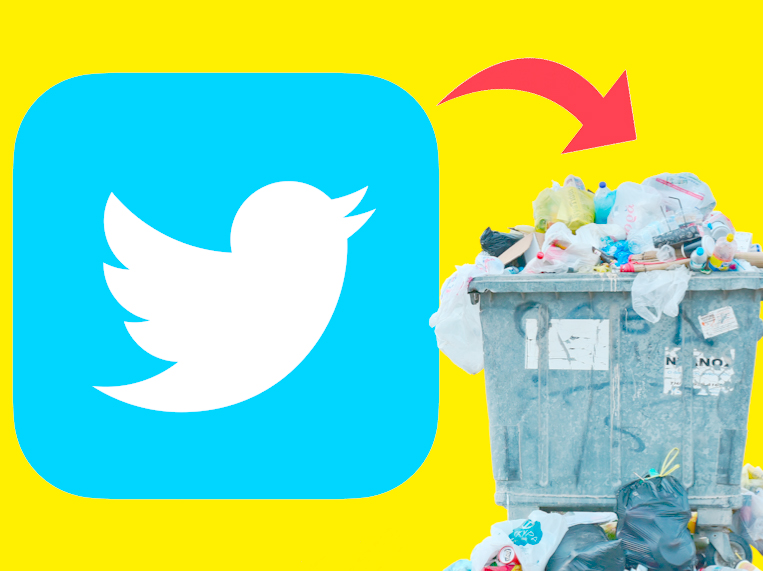
Would you be willing to do the same?
I understand that this isn’t possible for everyone.
Many people don’t have a choice. They are trapped by these platforms. If they want to stay connected to their friends, they are forced to use them.
If that’s the case for you, could you stop using social media for 30 days?
This is what addictions expert Dr Anna Lembke encourages users to do.
Why 30 days?
This is how long your brain needs to restore itself back into balance.
It won’t be easy to begin with. Dr Lembke states “You will feel worse before you feel better”. But push through the pain.
What waits for you on the other side is mental freedom and a greater sense of control over your life.
After spending 30 days off social media, you’ll then need to decide if you want to return to the platforms.
If you do choose to return, put some rules and barriers in place to limit your tech use (e.g., install a blocker app).
It’s also important to spend some time thinking about the following questions:
“Is this was your last day on earth, would you be spending your time on social media? If not, what would you be doing?”
To sum up
I think we can all agree that being constantly stimulated by a pokie machine is not a good thing. Similarly, it isn’t good for humans to crave the constant stimulation of social media. It’s making so many people anxious, insecure, and flinchy.
Just like the casino doesn’t care if gambling addicts end up broke, social media platforms don’t care if you end up anxious and depressed. They also don’t care if you waste your life consuming content that is the equivalent of KFC for the soul and mind.
These companies are operating with their own best interests at heart. What matters is their bottom line. Until social media is humanely designed, I would recommend getting these toxic platforms out of your life.
Image Credit
“DSC29100, Atlantis Casino Hotel, Reno, Nevada, USA” by jimg944 is licensed under CC BY 2.0 .
